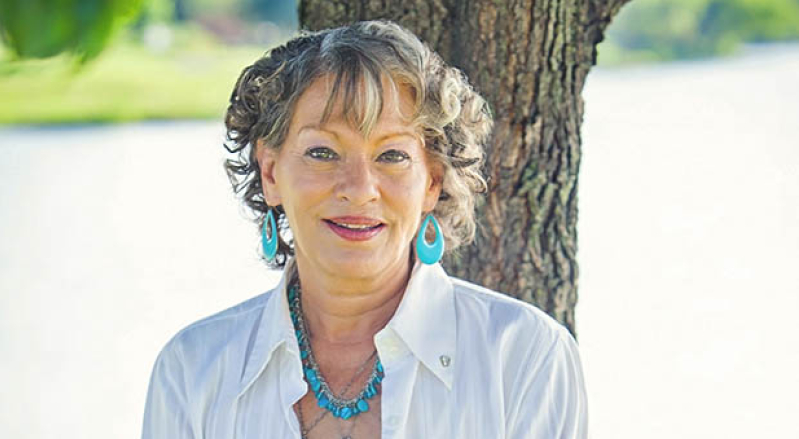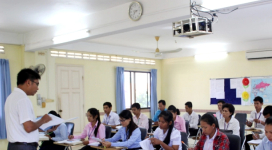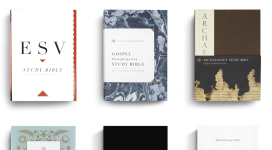
Two of the country's leading law firms have filed a brief on behalf of Mary Anne Sause, a Louisburg, Kansas, woman who says she was ordered by local police to stop praying in her home and told that a copy of the Constitution she showed them was "just a piece of paper".
According to a press release made available to The Gospel Herald, First Liberty Institute and Gibson Dunn & Crutcher LLP on Thursday filed a reply brief in the United States Court of Appeals for the Tenth Circuit on behalf of Sause, a Catholic former nurse.
In the brief, the attorneys challenge the government's argument that the First Amendment only "protects one's ability to choose his or her religion." According to the City of Louisburg, "the act of stopping [Ms. Sause's] prayer did not burden her free exercise of religion" because only conduct that forces her to change her religious practices or causes her to stop praying altogether would violate the Constitution.
"Prayer is essential to Ms. Sause's faith and everyday life," Stephanie Taub, Associate Counsel for First Liberty Institute, says. "The government's argument that the First Amendment only allows an individual to choose a religion, but not to fully exercise that faith, is a blatant misstatement of the law."
The incident occurred on the night of Nov, 22, 2013, when Sause, a rape survivor who currently lives on disability, was at home alone. At the time, two police officers approached her door and demanded to be allowed in. Sause said the officers did not identify themselves, and, unable to see through her broken peephole, she refused to let them in.
The officers then left, and later returned, and once again demanded to be let in before asking why Sause had refused the first time. She then showed them a copy of a pocket Constitution given to her by her congressman, to which the officers laughed and replied, "That's just a piece of paper" that "doesn't work here".
Instead of explaining the reason for their presence at her home, the officers continued to berate her, and even told her to prepare for jail.
When Sause asked why, the officer told her, "I don't know yet."
A devout Catholic, Sause asked one officer's permission to pray. The officer allowed the prayer but shortly after she started praying silently the second officer in her home ordered her to "get up" and "stop praying" and she complied immediately.
Eventually, Sause was issued tickets for "Interference with Law Enforcement" and "Disorderly Conduct. She was also told at the end of the encounter that police were responding to a simple complaint that her radio was too loud.
Following the encounter, Sause reported the incident to the officers' supervisors several times, but was ignored. And, when First Liberty attorneys took her case to federal court, the district court threw out the complaint entirely, denying Sause her day in court. In response, her attorneys in Septmeber filed a brief with the Tenth Circuit Court of Appeals, seeking to have the case remanded back to the lower court with instructions to hear the case.
In October, the City of Louisburg responded, arguing that the First Amendment's Free Exercise Clause merely "protects one's ability to choose his or her religion" and that "stopping [Ms. Sause's] prayer did not burden her free exercise of religion."
In their latest brief, First Liberty Institute and Gibson Dunn contend that the right to pray in the privacy of one's own home is a fundamental right clearly protected by the First Amendment, and argue that commanding Sause to stop praying without a legitimate law-enforcement justification burdens her ability to freely exercise her religion in her own home.
"The Free Exercise Clause protects the right to do exactly that - freely exercise one's faith," Bradley G. Hubbard, Litigation Associate at Gibson Dunn, said, according to the press release. "It is well established that the First Amendment protects the right to pray in one's own home. We urge the Court of Appeals for the Tenth Circuit to reverse the district court's decision and enable Ms. Sause to have a meaningful day in court as she fights to vindicate her religious liberty rights."







